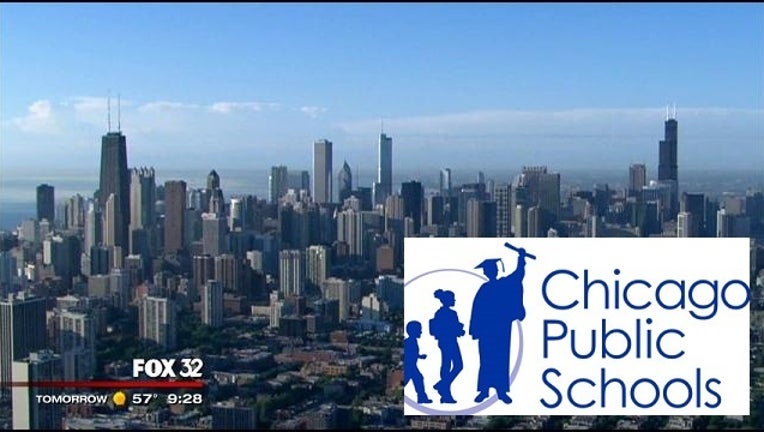A look at TIF money that helped seal Chicago teacher deal

CHICAGO - Part of the tentative deal between the nation's third-largest school district and the Chicago Teachers Union involves using $88 million from the millions of dollars the city takes in each year from its special taxing districts. Here's a look at how the at-times controversial tax increment financing, or TIF, funds work:
WHAT ARE TIF FUNDS?
Draw a line around a few square blocks. That's your TIF district.
Assess the value of all property within it and calculate the total property tax. That's your baseline value.
As new developments are built and property values rise, any tax money above that base value becomes the "increment" and goes toward development projects like roads and infrastructure in the district, not toward schools or other city services.
The TIF district expires after 23 years, putting all property taxes back into city services.
HOW MUCH HAVE TIF FUNDS BROUGHT IN?
Since the first zone was set up in 1986, Chicago has received more than $6.7 billion, according to Cook County data. Revenue has grown steeply as property values increase in several burgeoning neighborhoods. In 2015 alone, the city's 148 TIF districts brought in more than $460 million.
WHERE DOES IT GO?
The baseline tax revenue is doled out to the seven governmental bodies that rely on city property taxes: the board of education, the community college system, the county and city administrations, the forest preserve, water reclamation and the park district.
The "increment" money is set aside for work usually done in conjunction with private development projects on things like roads and infrastructure, cleanup of polluted land and redevelopment of vacant tracts.
WHY MIGHT TIF FUNDS HURT MORE THAN HELP?
Critics say TIF funds deprive struggling schools of millions of dollars when property taxes increase.
Under state law, TIF districts are supposed to be limited to blighted areas. Yet, Chicago has set them up in well-off downtown areas, leading to criticism that it rewards wealthy companies with tax subsidies and other benefits.
In a budget speech Tuesday, Emanuel said the city has frozen downtown TIFs and made investments more transparent, redirecting the "lion's share" to improving schools, transportation, libraries and parks.

